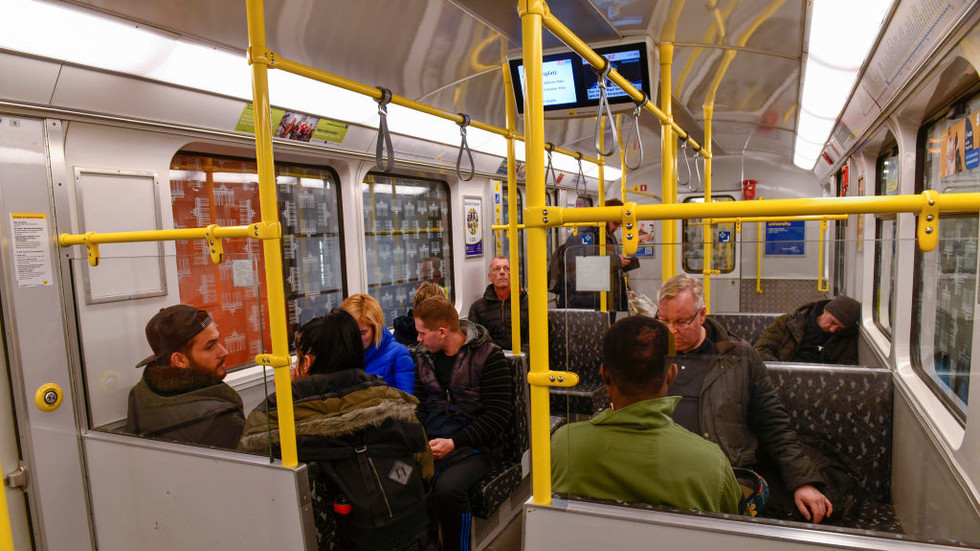In light of a notable increase in violent crime within the transport network of Berlin, MP Antje Kapek from the Green party has proposed the introduction of women-only carriages in the city’s subway and trains. This suggestion arose during an interview with Bild, where she highlighted the pressing need for enhanced safety measures for female passengers. Kapek referenced a particularly horrifying incident earlier in the year where a 33-year-old man assaulted and raped a 63-year-old woman in the subway, subsequently exiting the scene without immediate apprehension. She emphasized that women are often exposed to violence and consequently have a heightened need for protective measures, particularly in public transportation settings.
Statistics reveal a staggering rise in violent crimes on Berlin’s transport system, with reported incidents escalating from around 4,200 cases the previous year to over 5,600 in the first three quarters of the current year. The alarming nature of these figures is underlined by the fact that nearly 300 of these incidents involved sexual offenses. Kapek’s proposal includes not just women-only carriages but also improved surveillance and emergency response measures, such as video monitoring and emergency call boxes on platforms, aimed at creating a safer commuting environment for women.
In her advocacy for the women-only carriages, Kapek cited Japan as a successful example, where dedicated ladies’ compartments have been in operation during rush hours for around 20 years, effectively addressing issues of harassment on public transport. Women-only carriages are also present in other cities globally, including Cairo, Rio de Janeiro, and various locations across India and Southeast Asia, reflecting a trend where cities are adopting similar measures to combat gender-based violence on public transport systems.
However, opinions on this proposal are far from unanimous—some critics argue that such measures might not effectively tackle the core issue of women’s safety. Rolf Wiedenhaupt, a right-wing politician from the Alternative for Germany (AfD) party, dismissed the idea as “absurd,” asserting that true security cannot be achieved through segregation but rather by implementing stringent actions against criminal behavior. Wiedenhaupt emphasized the necessity of expediting convictions and ensuring a proactive law enforcement approach instead of creating gender-segregated spaces within public transport.
Public response to Kapek’s suggestion has been largely positive among women, as revealed in a separate interview by Bild that sought their views on the proposal. Many women expressed their support for the initiative, citing previous experiences of feeling unsafe on public transportation and encountering unwanted advances like groping or lewd stares. However, an 83-year-old woman raised a valid concern regarding the practical aspects of enforcing such a measure, questioning whether the proposed women-only carriages would indeed be honored by male passengers.
In summary, the proposal for women-only carriages in Berlin’s transport system reflects a growing concern regarding the safety of female commuters amidst rising violent crime statistics. While the initiative has garnered considerable support from women who have experienced harassment, it also faces skepticism from critics questioning its practicality and effectiveness. Policymakers and transport authorities are tasked with balancing the need for immediate safety measures against broader strategies that address the root causes of violence and harassment in public spaces. This debate continues to unfold in the context of urban safety, gender rights, and the broader societal commitment to enhancing female safety in public transportation.

